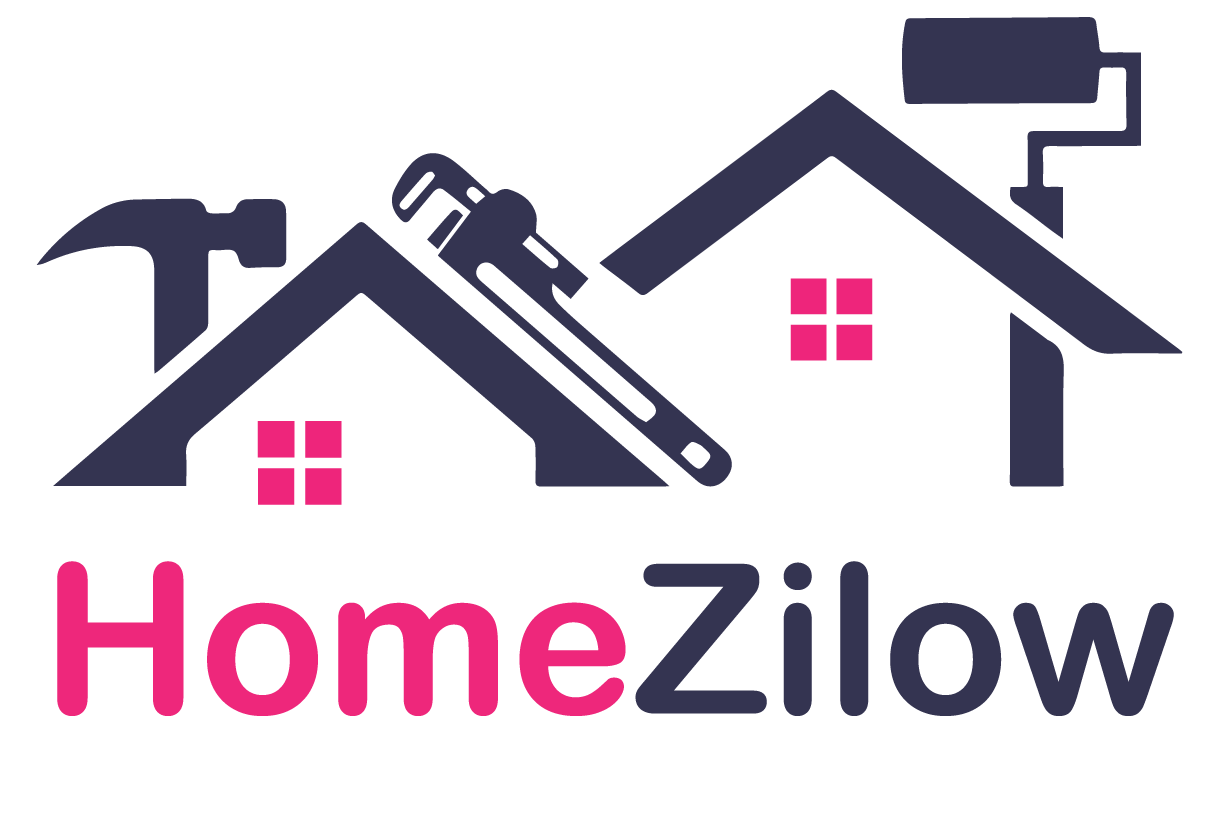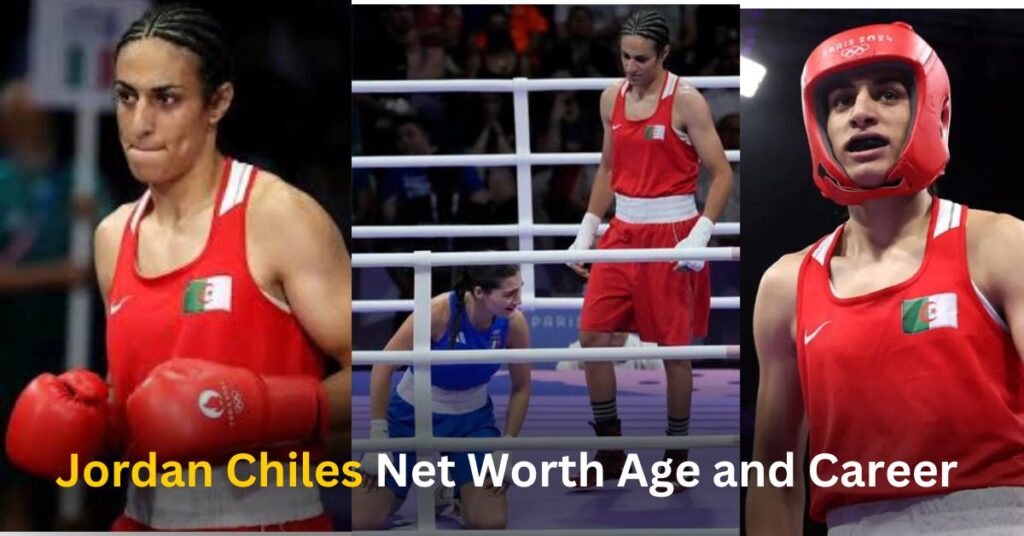Imane Khelif, a name that has rapidly gained prominence in the realm of boxing, is an Algerian athlete who has captured the attention of sports enthusiasts worldwide. With her exceptional talent and unwavering determination, Khelif has risen through the ranks to become a formidable force in the ring. This article delves into the life and career of this extraordinary boxer, exploring her age, height, net worth, and the inspiring journey that has shaped her into the athlete she is today. Read about Jordan Chiles in our other post.
Imane Khelif Bio:
Imane Khelif, born on May 2, 1999, is an Algerian amateur boxer who showcased her talent at both the 2020 Summer Olympics in Tokyo and the 2024 Summer Olympics in Paris. Growing up in a small village in Tiaret Province in northwestern Algeria, Khelif initially pursued football before discovering her passion for boxing. During her early years, she had to travel to a neighboring village for training, financing her trips by selling scrap metal. Despite facing opposition from her father, who disapproved of girls participating in sports, especially boxing, she persisted and continued to pursue her dreams.
| Name | Imane Khelif |
| Date of Birth | May 2, 1999 |
| Nationality | Algerian |
| Weight | Light Weight (63kg) |
| Height | 1.78m |
| Total fights | 51 |
| Win | 42 |
| Loss | 9 |
| Awad | 2019 – National Championship, 2021 – African Games Gold Medal |
Early Life
Imane Khelif, born in Algeria, quickly made a name for herself in the global boxing community. From a young age, she showed a strong interest in sports, with a particular passion for boxing. Her journey to a professional career was fueled by this passion. Despite encountering obstacles such as limited resources and opportunities in Algeria, Khelif’s determination and talent caught the attention of international coaches and organizers. This recognition provided her with the chance to display her skills on a wider stage, propelling her boxing career forward.
2023 World Boxing Championships Controversy:
At the 2023 World Boxing Championships in New Delhi, Imane Khelif found herself at the center of a gender controversy. IBA President Umar Kremlev barred Khelif from competing after DNA tests revealed that some athletes with XY chromosomes were participating as women. The Algerian Olympic Committee attributed Khelif’s disqualification to “medical reasons,” while local media speculated it was due to high testosterone levels. Khelif contested this decision, alleging that certain countries were unfairly trying to prevent Algeria from securing a gold medal, labeling it a conspiracy that they would not overlook.
2024 Olympics Match Controversy:
On August 1, 2024, a highly charged and emotional incident unfolded when Angela Carini dramatically quit her fight against Imane Khelif just 46 seconds into the match. Shouting “This is unjust!” and collapsing to her knees in tears, Carini’s reaction followed two powerful punches from Khelif, an Algerian boxer who had been the center of controversy for being a ‘biologically male‘ Olympic competitor. The unexpected turn of events came amidst an already heated atmosphere, with Carini visibly shaken and expressing her distress over the match-up. Her abrupt exit after less than a minute sparked intense debate and discussion within the sports community and beyond.
Imane Khelif failed a gender eligibility test
Imane Khelif failed a gender eligibility test administered by the International Boxing Association (IBA) before the 2023 World Boxing Championships in New Delhi. The IBA’s rules state that athletes with XY chromosomes or elevated testosterone levels are ineligible to compete in women’s boxing. While specific details about Khelif’s test results haven’t been publicly released, it’s believed her disqualification was due to either possessing XY chromosomes or having elevated testosterone levels.
It’s important to note that there’s controversy surrounding the IBA’s testing and eligibility criteria. Some argue that these rules are discriminatory and unfairly target athletes with differences in sex development (DSD). Others defend the IBA’s stance, believing it’s necessary to ensure fair competition in women’s sports.

